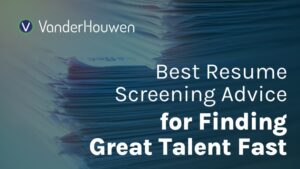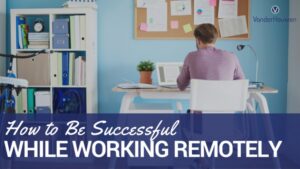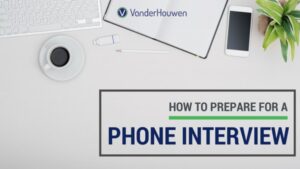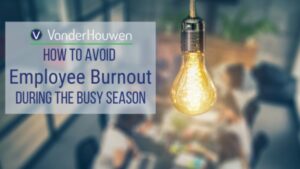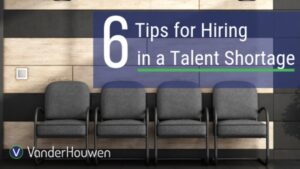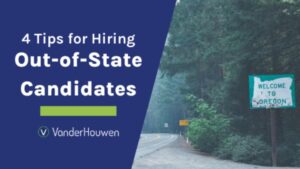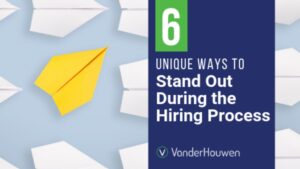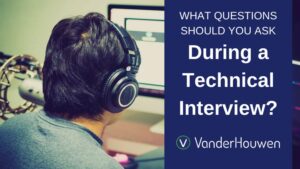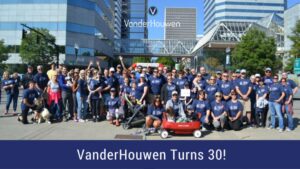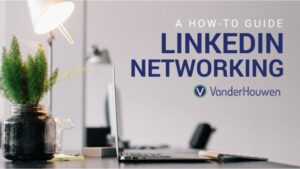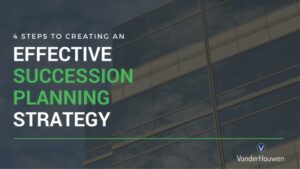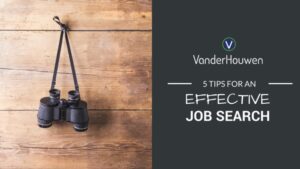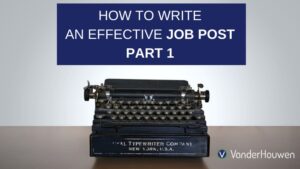Interview Tips for Answering Tough Open-Ended Questions
Open-ended questions are the bread and butter of job interviews. They give the hiring manager a chance to see how well you communicate and think on your feet, but that doesn’t mean that they’re easy to answer. How can you keep your answers focused on work-related things when the questions feel so personal? The good news is, it doesn’t have to be so intimidating! We’ve broken down how to answer the 4 most common open-ended interview questions, so you’re prepared for next time.
Tell me about yourself.
This question is tricky. Is the interviewer curious about your hobbies or strictly your work life? How much of your daily life is too much for an interview? It’s tough to balance keeping it professional while also letting the interviewer get to know you. But, that doesn’t mean it’s impossible. First, it never hurts to mention some common ground between the company and your personal life. If you’re passionate about something the company values or does well, talk about it! After, you can mention a few of your personal interests to give them a feel for who you are and move on to the next question. Examples:- “I enjoy being outside of my comfort zone. So, pushing myself to reach higher goals is a must. In my off time, I enjoy spending time with my dog, going on hikes, and exploring new restaurants in town.”
- “I’m always in pursuit of honing my skills. When I’m not reading, I’ve been learning a new language and like taking cooking classes when I’m able.“
- “I enjoy taking things apart to learn how they work. In the office, I thrive on finding new ways to fix problems. Outside of work, I’m passionate about my community, so I volunteer around town a few times a month.”
What are your weaknesses?
Everyone has something they can work on (both personally and professionally), so answers like “I work too hard” aren’t going to cut it. Instead, look at your work ethic, style of communication and workload to find things you’d like to improve. If there’s a skill or habit you’d like to develop, use that as the foundation to your response. Talk about how you plan to get better – it doesn’t have to be a full action plan, but showing you know there’s room to grow and have steps in place to do so is a great way to impress the hiring manager. (Note: Hiring managers will often ask about strengths and weaknesses concurrently, but don’t worry! This method works for both.) Examples:- “I can be pretty direct so I’m working on active listening and communicating better. For instance, I’m working on pausing before I speak and paying attention to my tone of voice.”
- “I take on more work than I can handle and struggle saying no. Lately, I’ve been working on being honest with myself about my workload before agreeing to new tasks.”
- “I consider myself a basic user of Excel, so I’m taking an online class to improve my skills.”
How do you deal with stress?
Everyone deals with stress in different ways, so it’s important to be honest when answering this question. Every company (and supervisor) has different expectations when it comes to acting on stressors, so being clear in the interview stage can help a lot when and if you’re hired. Think about what you do to wind down daily and how you can implement that at work. Maybe you need to take a walk, do some breathing exercises or just close the door for five minutes. Whatever it is, show them you have a strategy for stressful situations. Examples:- “I like to do a quick guided meditation. It grounds me when there’s too much happening. When it’s over, I hop back into work with a clear mind.”
- “If I get too stressed, I communicate with my team and go for a walk. The fresh air helps me see things from a different perspective and when I’m back, I’m ready to try again.”
- “I write lists. If I’m overwhelmed by too many tasks, I write out a list of things to do then reorganize in order of priority. If something isn’t due for another month, I’m going to prioritize something that’s due next week instead.”
What motivates you?
What keeps you going during the busy season or in the middle of a project that isn’t going well? Hiring managers ask because knowing what drives you will help them understand you and how you’ll fit into the organization better. If you’re passionate about collaborative projects or working with others, it shows you’re a big-picture thinker who will work best in a communal space. If you’re in it for the thrill of completing a difficult task, they know you’re someone who’s looking to be constantly challenged. Talk about your long and short-term goals and motivations to let the hiring manager know exactly what you expect and need. Examples:- “I love leading. I find strategizing an action plan and watching it unfold to be very satisfying.”
- “Taking things apart to make them more efficient is fascinating to me. I really enjoy breaking down workflows so I can figure out how to minimize steps and maximize efficiency.”
- “Expanding my knowledge base is my favorite way to keep myself engaged on the day-to-day. When I learn something new, especially if it was something I struggled with previously, it really builds my confidence.”
Now that you’ve aced your interview and have multiple job offers waiting, it’s time to evaluate your options and choose the right job for you.




































